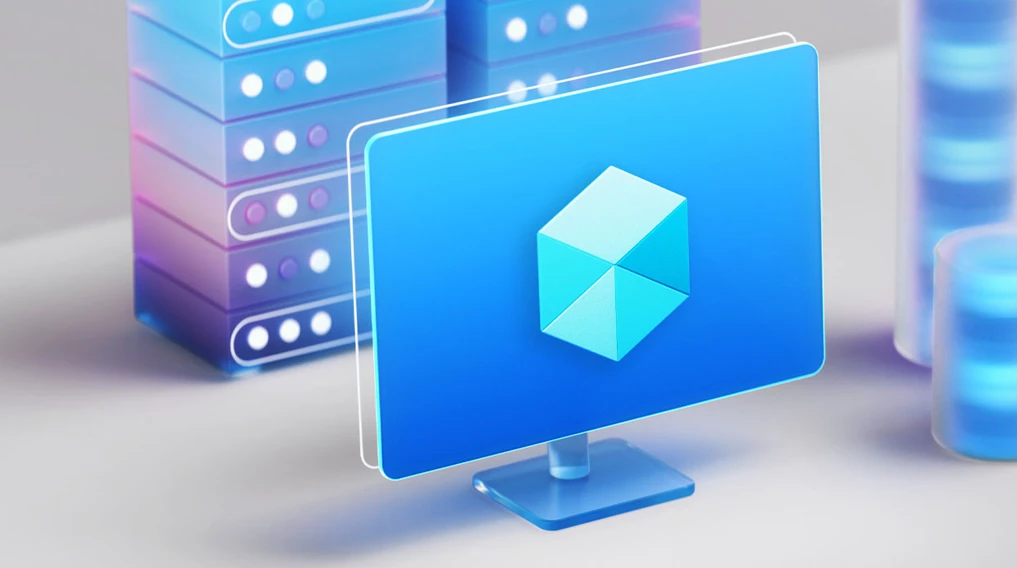Introduction to Azure AI Agent Service
Azure AI Agent Service is a comprehensive platform for building AI-powered assistants capable of performing tasks, making decisions, and engaging in human-like conversations. It combines natural language processing (NLP), machine learning (ML), and integration with other Azure services to deliver efficient, context-aware interactions.
Core Features of Azure AI Agent Service
-Multi-Modal Interaction: Supports voice, text, and visual inputs for comprehensive engagement.
-Contextual Understanding: Maintains conversation history for meaningful interactions.
-Task Automation: Executes multi-step workflows using built-in agents.
-Customizable Skills: Allows businesses to create task-specific capabilities.
-Integration with Azure Cognitive Services: Enhances agent capabilities with vision, speech, and language services.
Technical Architecture of Azure AI Agents
Azure AI Agents are powered by a modular architecture consisting of the following components:
-Agent Core: Manages conversation flows and decision logic.
-Skill Handlers: Executes defined tasks and workflows.
-Knowledge Base: Provides information from integrated sources such as Azure Cognitive Search.
-Integration Layer: Connects with external APIs and databases.
-Monitoring Module: Tracks agent performance using Azure Monitor and Application Insights.
Use Cases for Azure AI Agents in Business
Businesses across industries are using Azure AI Agents to streamline operations:
-Customer Support: Automating responses to FAQs and assisting with troubleshooting.
-Sales Assistance: Providing personalized recommendations and managing customer inquiries.
-Human Resources: Handling employee queries and assisting with onboarding processes.
-Operations Management: Managing appointment scheduling and order tracking.
Benefits of Using Azure AI Agent Service
-Scalability: Handle thousands of customer interactions simultaneously.
-Cost Efficiency: Reduce operational costs by automating repetitive tasks.
-24/7 Availability: Provide round-the-clock support without human intervention.
-Improved Customer Experience: Deliver fast and personalized responses.
-Seamless Integration: Connect with existing Azure services and enterprise applications.
Case Study: Retail Chatbot for Personalized Customer Experience
A leading retail brand implemented an Azure AI Agent to handle customer inquiries and provide personalized product recommendations. The agent integrated with Azure Cognitive Search and Azure OpenAI for real-time responses. As a result, customer engagement increased by 40%, and operational costs decreased by 25%.
Future Trends and Innovations
-AI Agents with Emotional Intelligence: Enhanced NLP for empathetic responses.
-Autonomous AI Agents: Self-learning agents capable of independent decision-making.
-Cross-Platform Integration: Seamless communication across web, mobile, and IoT devices.
-Federated Learning: Secure and decentralized model training for privacy-focused applications.
Conclusion
Azure AI Agent Service is a transformative solution for businesses looking to leverage AI for intelligent automation. With its extensive features, seamless integration, and scalable architecture, organizations can create smarter, more efficient AI assistants tailored to their unique needs. As AI technology continues to advance, Azure AI Agents will play a pivotal role in driving business innovation and improving customer experiences.

